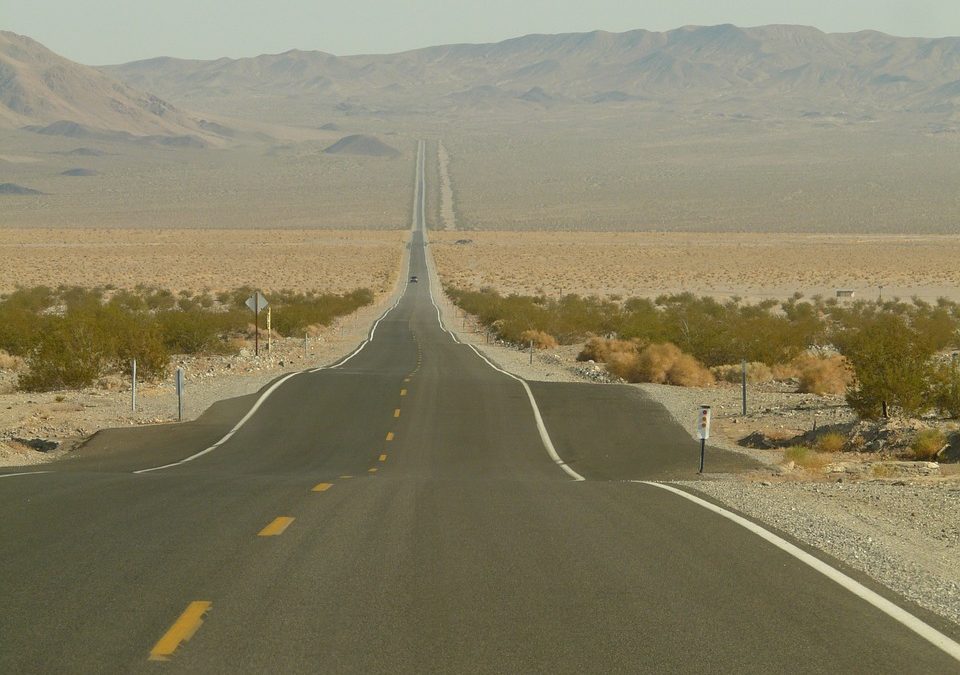Humans are the leading cause of recent rapid climate change, according to the Fourth National Climate Assessment, a report produced to inform policy on energy and climate change. Thirteen Federal Agencies drafted the report using 1,500 studies, which primarily examined climate change since the 1960s, “from the top of the atmosphere to the depths of the oceans,” according to one section of the report (1).
While portions of this draft have been available on a non-profit digital library since January, the story didn’t emerge until it was published by the New York Times (2). Federal scientists “leaked” the draft in August, supposedly out of fear that the Trump Administration would hide the report. While there is no real evidence that the Trump Administration would have gotten rid of the report, Trump has been extremely vocal about his denial of climate change and made the U.S. one of 2 nations opposed to the Paris Agreement, the global pact for nations to make ambitious strides toward reducing greenhouse gases by turning to alternative energy sources. The leaking report is both a check on the administration and an in-depth look at the human impact on the climate.
The report, which the government has mandated to be released every 4 years, contradicts Trump’s bold denials of climate change with equally bold claims, concluding, “for the warming over the last century, there is no convincing alternative explanation supported by the extent of the observational evidence.” Temperatures have gone up in the United States about 1.4°F since 1895 (with the 10 hottest days since that time occurring after 1998). While the data strongly attributes this rise to human activities, the report does not focus on periods before the 20th century (3). The report clearly states its focus on data illustrating climate change after 1960, showing graphs that highlight observed changes in climate during this period.
On Thursday, The Wall Street Journal published an OpEd piece by Steve Koonin, a theoretical physicist and Director of the Center for Urban Science and Progress at New York University. In the Wall Street Journal piece, Koonin discusses notable holes he found in the scientists’ report. Most notably, Koonin points out bias in the wording, and of omitting research from periods of time prior to 1960 when the Earth experienced similar climate peaks. Koonin writes:
Consider the different perception that results from “sea level is rising no more rapidly than it did in 1940” instead of “sea level rise has accelerated in recent decades,” or from “heat waves are no more common now than they were in 1900” versus “heat waves have become more frequent since 1960.” Both statements in each pair are true, but each alone fails to tell the full story.
Despite the controversy of whether human activity is the sole contributor to rapid climate change, the fact that scientists felt it was necessary to leak this information as a check to the administration demonstrates an entirely different issue.

